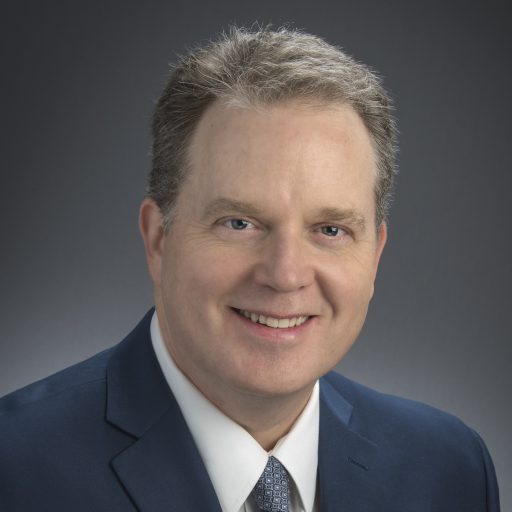

Three decades after earning his M.A. in politics from The Catholic University of America, Thomas W. Smith ’88 will return to campus this summer to become the new dean of the School of Arts and Sciences, effective July 1. He leaves Villanova University, where he is currently the Anne Quinn Welsh Endowed Chair and director of the university’s honors program.
“It’s always rewarding when someone who has benefitted from the distinctive education we offer at Catholic University goes on to a distinguished career, and then finds his way back to us in order to share his knowledge and experience with a new generation of students,” said President John Garvey in announcing Smith’s appointment. “Three times Tom was recognized with the Martin Manley Distinguished Teaching Award in Villanova’s political science department, and he was awarded the university-wide Lindback Award for Teaching Excellence in 2001. He is a scholar, teacher, and mentor in the best tradition of Catholic University, and while he is not quite the prodigal son, still we rejoice at his return.”
Smith will succeed Professor of Politics David Walsh, who has served in an interim role since July 2019, when former dean Aaron Dominguez was elevated to University Provost.
In addition to his M.A. from CatholicU, Smith received his undergraduate degree from Georgetown University and a Ph.D. in government and international relations from the University of Notre Dame. He has been a member of the faculty at Villanova since 1993 and was founding chair of the university’s department of humanities from 2003 until 2008. The Augustinian university’s version of “Catholic Studies,” the initiative was charged with creating an interdisciplinary department devoted to cultivating excellence in the Catholic intellectual tradition across the disciplines.
Following his subsequent service as associate dean for the humanities in Villanova’s College of Liberal Arts and Sciences (2008-2010) and associate dean and director of the college honors program (2010-15), Smith was named to his current position as director of the University Honors Program in 2015, transforming it from a college- to a university-wide program and growing enrollment from 500 to more than 700 students.
“I’m so pleased to come home to The Catholic University of America, a place that helped set the course for my career,” said Smith. “Catholic is one of the nation’s great universities. It has something distinctive and essential to propose in the landscape of higher education, which has everything to do with the claim that human beings are seekers who yearn for the whole truth about themselves and the world.
“I am grateful to President Garvey and Provost Dominguez for their confidence in my leadership, and I’m proud to be asked to serve at an exciting time in the University’s rich history. I look forward to working alongside the deans, faculty, and students in our common search for truth and fulfillment in a culture characterized by collegiality and friendship.”
Smith, whose parents were both teachers, also was part of the team that established Villanova’s $10 million O’Toole Presidential Scholarship Program that provides scholarships for underrepresented high school students from the Archdiocese of Newark, N.J., to attend Villanova. He and his wife Suzanne, a licensed psychologist in private practice, have three adult children: Thomas, a television news producer; Christopher, pursuing an M.A. in public policy; and Katherine, a college student.
Smith’s scholarly work seeks bridges between the disciplines of political science and humanities. He has written extensively for prominent journals including The American Political Science Review, The Review of Politics, Communio, Logos, Religion and Literature, The Journal of Politics, and Polity. He is also the author of Revaluing Ethics: Aristotle’s Dialectical Pedagogy (SUNY Press 2001), and with his theology colleague at Villanova, Dr. Anna Moreland, the forthcoming Shaping an Adult Life: A Guide for College Students. The book aims to provide insight and practical advice for a generation of students oriented to school and professional success, but who may receive less guidance about such fundamental issues as friendship, dating, discernment of vocation, and the meaning of good work.